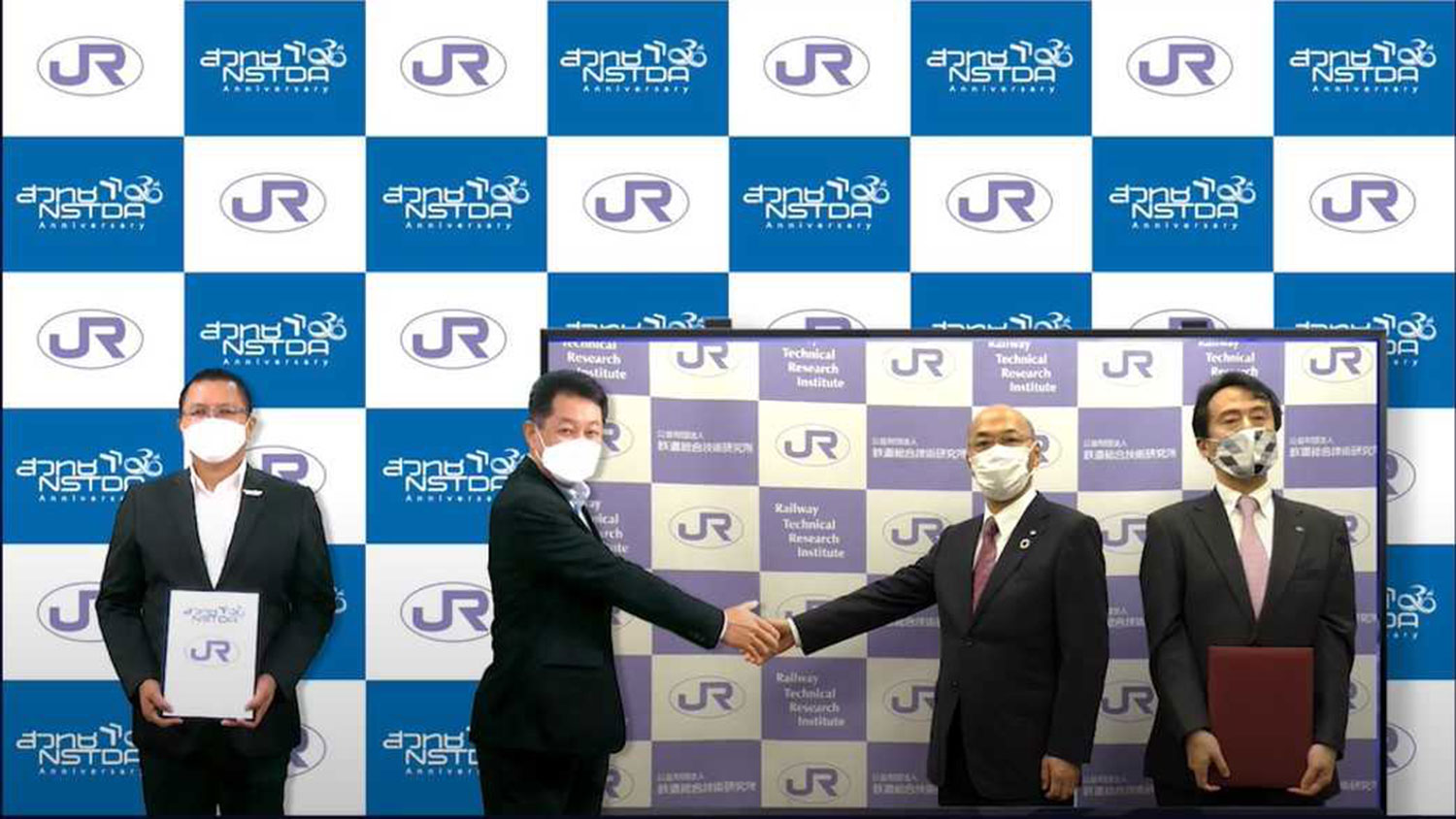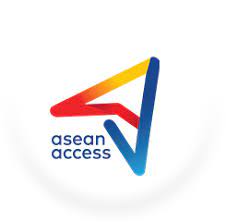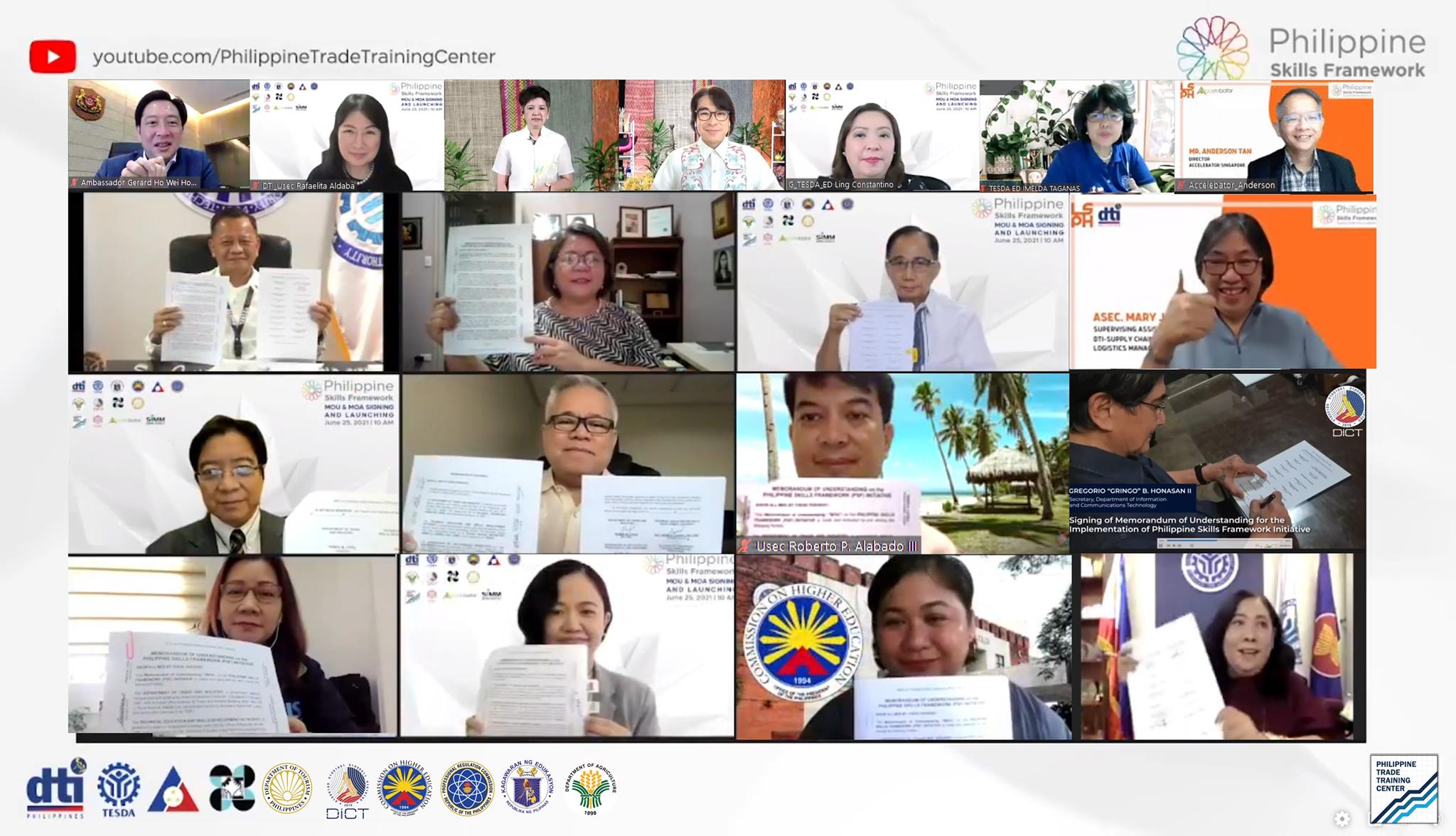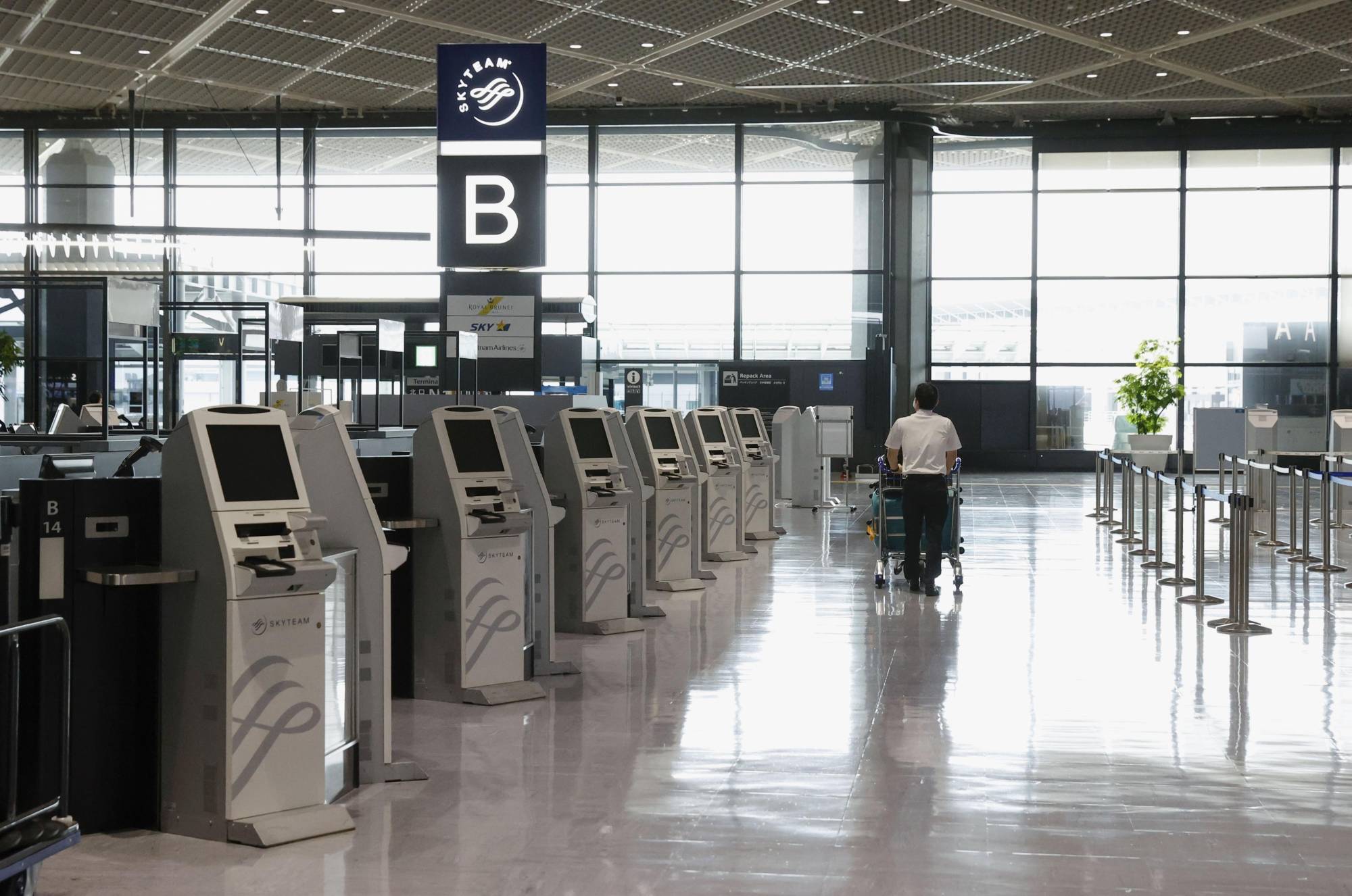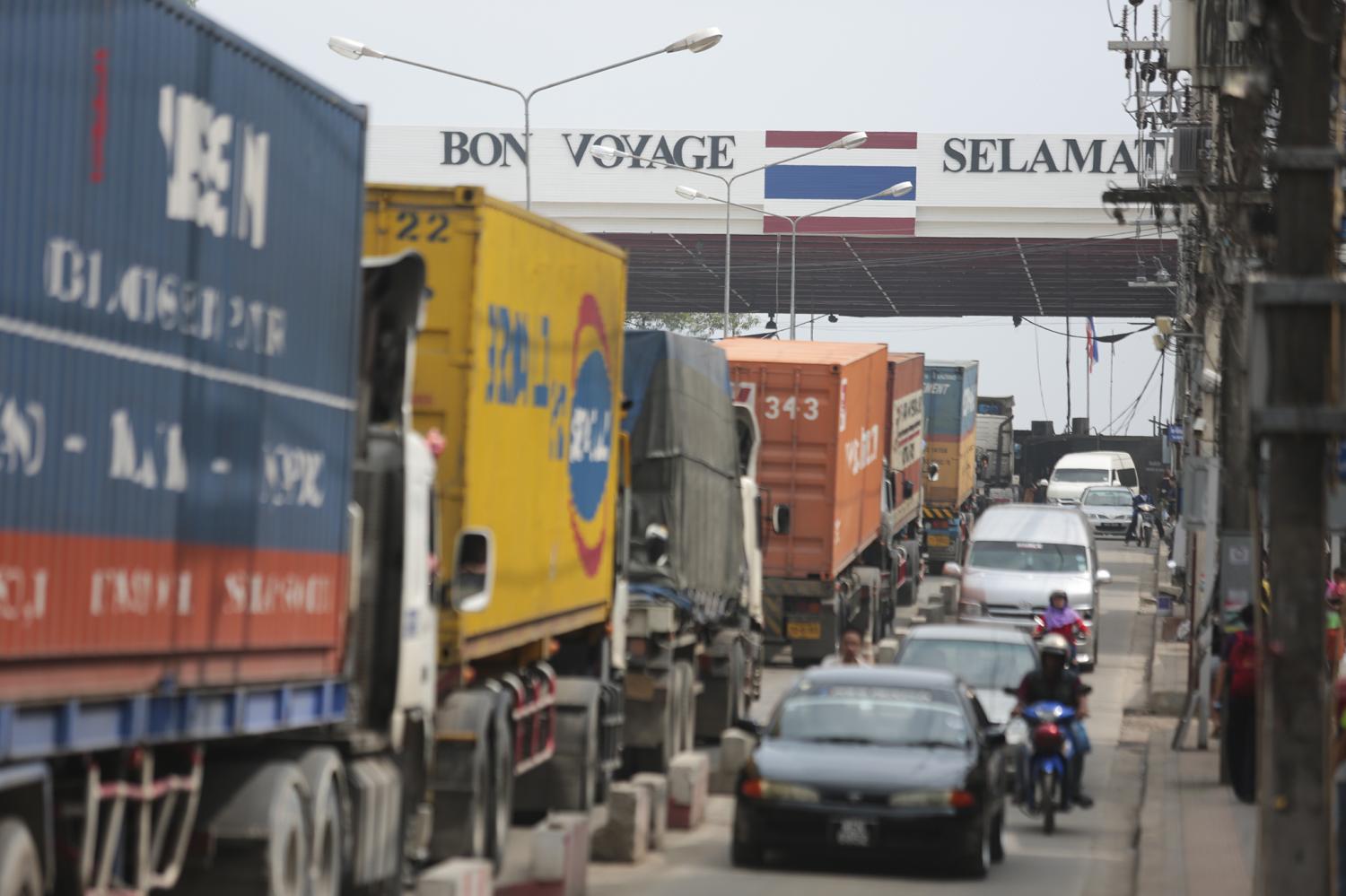Enhancing the competitiveness of the local business environment and enabling a transparent government to provide its citizens with equitable access to public services and their data by utilising digital technology are central to Thailand’s national development plan, “Thailand 4.0”. The advancements made by Thailand in implementing its digital government policy will spearhead the digitalization of the private sector and enhance the access of both citizens and businesses to public sector data to drive the country’s overall economic competitiveness.
The demand for data centres and cloud technology in Thailand has been underpinned by the country’s high internet and mobile internet penetration, with individuals and consumers spending more time online and companies adapting to the new business norms of work-from-home and the gig economy. These changing behaviours have been spurred by consumer confidence in the country’s communications infrastructure, 5G technology and legal framework as well as the government’s facilitation of the digital economy.
At the corporate level, the data centre market has been driven by companies’ preference for having carrier-neutral colocation data centre capacity for their network and IT services, while the growing use of digital platforms in the financial and telecommunication industries as well as content and digital media requirements have also contributed to the rising demand. Looking ahead, the data centre industry is expected to continue enjoying healthy demand with more organisations adopting cloud technology, big data and analytics, and Internet of things colocations as businesses look for more stable and affordable resources for server storage, data analytics and connection. Indeed, the proliferation of tech companies, IT service providers and e-commerce companies has resulted in a shift towards hyperscale colocation data centres
Thailand 4.0 Drives Demand for Colocations
A key prong of the “Thailand 4.0” national development plan, which seeks to promote the adoption and innovation of digital and automation and robotics technology among SMEs, manufacturing companies and the service sector will underpin the robust demand for data centres. With its focus on ensuring Thailand embraces the opportunities that arise from digital technology to improve its citizens’ quality of life, the participation of all in political governance and the country’s economic competitiveness through initiatives such as the Smart City Development project, big data platform and analytics for agricultural, education and healthcare policies and investment in digital infrastructure, Thailand 4.0 is set to lead to further demand in this segment.
Thailand is witnessing explosive growth in carrier-neutral colocation data centre services from the arrival of new players as well as the capacity expansion of existing providers. Thailand currently houses a total of 18 colocation data centres1 with approximately 400,000 sqft of multi-tenant data centre (MTDC) operational space in 2019.2
With its competitiveness in ICT, the strength of its basic infrastructure, its skilled workforce, the support from its public sector and its strategically advantageous location, Thailand is well positioned to become an important destination for colocation data centres that serve the demand of businesses operating within the Association of Southeast Asian Nations (ASEAN).
Pandemic Spurs Digital Way of Life
As people increasingly logged on to manage ever more aspects of their daily life in an effort to overcome the challenges posed by the COVID-19 pandemic in 2020, the “Global Digital Report 20216” confirms the remarkable trends of Thai citizens’ engagement in the digital world. Indeed, the almost nine hours that Thai internet users spend in front of a screen each day is not only above the global average but the 9th highest in the world.
Thailand was ranked third in the world for ecommerce adoption with 84% of the country’s internet users having bought something online over the previous month, trailing only Indonesia and the UK, and comfortably above the global average of 77%. The country was also ranked fifth for using QR codes with 60% of its internet users utilising this service in December 2020. The country also recorded the highest number of transactions through mobile banking and financial transaction apps in 2020, possibly thanks to the government’s digital co-payment scheme as part of its relief package for people affected by the pandemic.
BOI Promoting the Digital Ecosystem
To further strengthen the ecosystem of the digital industry, Thailand’s Board of Investment (BOI) is currently promoting the digital industry through tax and non-tax incentives, with a focus on three groups, namely, software development, digital infrastructure and digital ecosystem supporting businesses.
Source: Bangkok Post
Read the full article here


